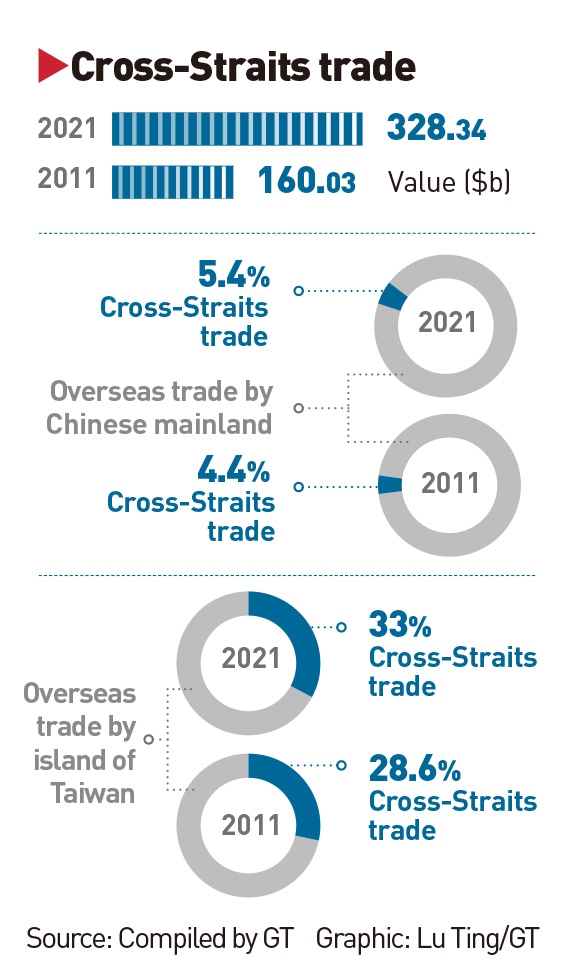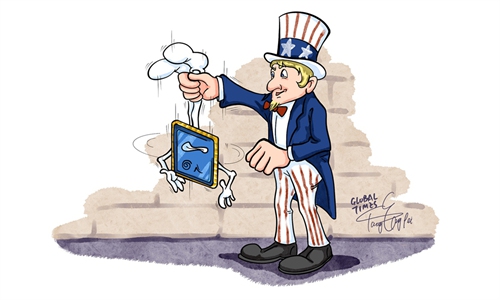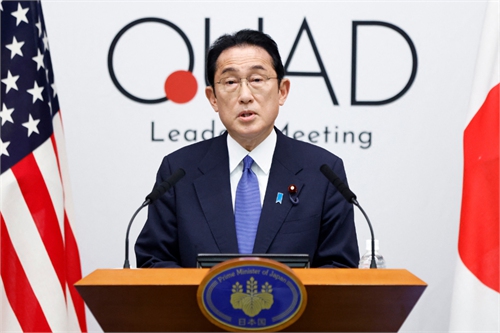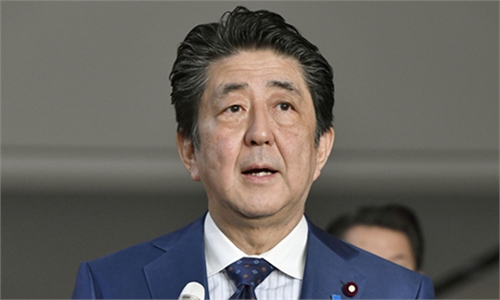US uses new trick to cheat Taiwan as island unlikely to obtain free trade deal from Washington
Island unlikely to obtain free trade deal from Washington

Taiwan Photo: Unsplash
The comments came after Chen-Chung Deng, leader of the island's trade affairs reportedly said on Tuesday that the ultimate goal of the initiative is a free trade deal while the opposition party on the island labeled the drama around the initiative as publicity stunt.
Although Washington and the separatist authorities on the island intend to push decoupling with the mainland by using the new trade initiative, Taiwan's companies are actually "voting with their feet" to strengthen business activities in the mainland, analysts noted on Tuesday.
The Office of the United States Trade Representative (USTR) announced on June 1 that the US and the island of Taiwan launched "the US-Taiwan Initiative on 21st-Century Trade," which is intended to develop concrete ways to deepen the economic and trade relationship, advance mutual trade priorities, and promote innovation and inclusive economic growth.
The Democratic Progressive Party separatist authorities have expressed a welcoming attitude and the DPP trumpeted to the people in the island that such an initiative is a major breakthrough for Taiwan to sign a Free Trade Agreement (FTA) with the US.
However, many people on the island disagree with such a narrative, and they don't believe Taiwan can really get anything meaningful. It will only be used by Washington to serve the goal of containing China's rise.
Chen Feng-xin, a Taiwan-based journalist and expert on the matter, said to the media that the new initiative has nothing new and contains no breakthrough at all, and to announce such news at this moment is an attempt to "comfort" the DPP separatist authorities, since the US just let down Taiwan's high anticipation for joining the Indo-Pacific Economic Framework (IPEF).
Sheng Jiuyuan, an expert on Taiwan studies at the Shanghai Academy of Social Sciences, said that the US is not interested in signing FTA deals with other economies, and it prioritizes regional cooperation that serves the US as the core. Excluding Taiwan from the IPEF sent a signal that the US doesn't see Taiwan as a major trade partner.
For the US, Taiwan has no value except for its semiconductor industry and a tool to contain the Chinese mainland, so these are the reasons behind the frequent exchanges between US officials and DPP authorities, Sheng noted.
The US-Taiwan Initiative on 21st Century Trade will have limited effect on the US, the Chinese mainland or the island of Taiwan.
"The previous trade war launched by the US against the Chinese mainland proved that the US' efforts to decouple from or isolate China is very difficult to realize but may be the cause of more harm to the US. In recent years, the US economy has worsened," Dai Shugeng, a professor with Xiamen University, told the Global Times on Tuesday.
Taiwan's economy has depended more on the Chinese mainland, and Taiwan-made electronic products are losing their shares in the world market as the mainland's Shenzhen is replacing them in many areas, Dai noted.
"Although the DPP authorities always want to get closer to the US, and to decouple from the mainland, this goes against the facts of Taiwan's economy and trade," said Sheng.
In April, Taiwan's exports declined, with growth stopping for a 25th consecutive month. But with the recovery of the mainland economy in late May, the decline of Taiwan's exports is slowing, so the close connectivity between the two sides of the Taiwan Straits is obvious.
"Taiwan's companies didn't follow the DPP authorities' instruction to decouple from the mainland but voted with their feet, to strengthen cooperation with the mainland. Facing the main trend of cross-Straits cooperation, Taiwan-based companies are making a wiser decision than the DPP authorities," Sheng noted.

Graphic: GT
Since the 1990s, the Taiwan authorities and the US have held talks on a "Trade and Investment Framework Agreement" (TIFA), which is similar to the newly announced initiative.
But the talks about TIFA became a tool for the US to control Taiwan, and as long as the US has some dissatisfaction with Taiwan on trade issues, such as Taiwan banning or limiting imports of pork or beef from the US, Washington will suspend the TIFA talks.
The talks will likely restart after the Taiwan authorities make compromises, Chen said.
Analysts from Taiwan said the example of TIFA talks proved that such a dialogue with the US brings no concrete benefits to Taiwan, and maybe the chief function of the newly announced initiative is to help the DPP authorities to trumpet that the so-called "US-Taiwan relationship is solid."




